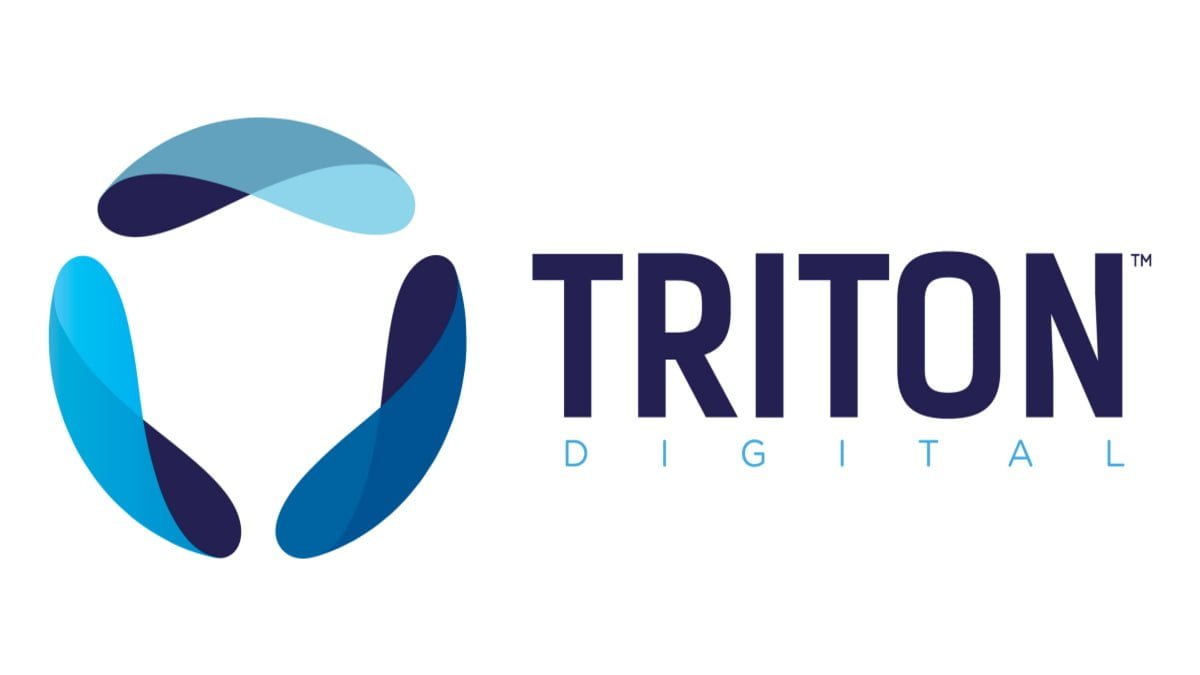The impact of music on the human psyche has been a topic of interest and study for centuries. For students, music is not just a source of entertainment; it serves as a companion through late-night study sessions, a catalyst for relaxation, and, sometimes, a bridge to deeper cultural and personal understanding. The relationship between music and mental health is particularly significant in academic environments where stress and anxiety can run high.
Research suggests that music can dramatically improve mood, reduce stress, and even enhance cognitive functioning—factors critical for academic success. It’s a tool that offers not only an escape from the pressures of school life but also an opportunity to engage with learning in a more relaxed and productive manner. Students who integrate music into their daily lives often report higher levels of motivation and overall well-being.
The benefits of music are so profound that many educational institutions encourage its use as a therapeutic tool. Some students even explore these benefits academically, turning to essay writer online to help them structure and present their findings on how music therapy can aid educational outcomes and personal development.

The Science Behind Music Therapy
Reducing Stress and Anxiety
Music’s ability to reduce stress is one of its most celebrated benefits. Slow, calming music can decrease cortisol levels, the hormone associated with stress.
This type of music often features in meditation and yoga practices, which are increasingly incorporated into student wellness programs to help manage the pressures of academic life.
Enhancing Concentration and Memory
Classical music, often referred to as the “Mozart Effect,” is believed to enhance brain activity and act as a catalyst for improving concentration and memory. Studies suggest that listening to classical music during study sessions can create a conducive learning environment, improving information retention and recall.
Improving Sleep Quality
Many students struggle with sleep, which is crucial for cognitive function and overall health. Soft, rhythmical music can help induce a state of relaxation, making it easier to fall asleep and ensuring that the sleep is more restorative.
Boosting Mood and Motivation
Music can elevate one’s mood through the release of dopamine, the ‘feel-good’ neurotransmitter. Upbeat and energetic tracks can invigorate students during workouts or when they need a mood lift to continue studying or to complete challenging tasks.
The Cultural and Social Connection
Music also serves as a powerful cultural and social connector, providing students with a way to express their identities and find common ground with peers. This is especially important in diverse educational settings where music can bridge cultural gaps and foster an inclusive community environment.
Challenges and Considerations
While music has many benefits, it’s important for students to understand how to use it effectively. Not all types of music may be beneficial in every context—what works for one student may be distracting for another. Personalizing one’s musical choices is key to reaping the most benefits.
Practical Tips for Integrating Music into Student Life
Students can create various playlists for different needs: a calming playlist for relaxation, an instrumental playlist for study sessions, and an energetic playlist for physical activities. Experimenting with different genres and observing their effects can also be a fun and enriching experience.
Expanding the Impact: Broader Applications of Music in Education
Music’s role extends beyond just personal therapy; it can be integrated into various educational methodologies to enhance learning across disciplines. For instance, songs can be used to memorize complex information, from historical dates to scientific terms, making learning more enjoyable and effective. Additionally, students who are overwhelmed with their academic workload might consider seeking support to write my term paper with PaperWriter, ensuring they can maintain their focus on creative educational techniques like integrating music. Furthermore, music can help set a rhythm during group activities, fostering better collaboration and teamwork among students.
Music and Physical Health
The benefits of music are not confined to mental and emotional well-being; it also has physical health advantages that can benefit students.
Listening to music can lead to physical relaxation, reducing muscle tension and improving circulation, which can be particularly beneficial during long study sessions or exams. Additionally, music is a great companion during exercise, helping students maintain a higher level of physical activity, which is essential for healthy brain function.
Therapeutic Music Writing and Composition
For students who are creatively inclined, engaging in music writing and composition can be a therapeutic activity in itself. This process allows students to express their emotions, cope with stress, and communicate experiences that might be difficult to articulate in words.
Institutions could encourage these creative pursuits through workshops or classes focused on music creation, providing a safe space for students to explore and express their inner thoughts and feelings through melodies.
Music as a Career Pathway
Understanding the therapeutic effects of music can also open up career opportunities for students in fields like music therapy, sound engineering, and performance arts.
These roles take the benefits of music beyond personal enjoyment to professional realms where they can help others. Educational programs that highlight these paths can be instrumental for students who are passionate about leveraging music to make a difference in the lives of others.
Global Musical Exchange
Music is a universal language that transcends borders. Programs that encourage students to explore music from different cultures can enhance global understanding and appreciation. Such exchanges can take place digitally or through university exchange programs, enriching students’ educational experiences and broadening their worldviews.
Final Thoughts: The Rhythmic Path to Well-being
Music is a multifaceted tool that can enrich students’ lives in numerous ways, from reducing stress and improving academic performance to enhancing social connections and personal well-being. As each student’s response to music can vary greatly, the journey to finding the right musical balance is personal and unique. For those needing a break from their studies, services like WritePaper can provide essential academic support, allowing more time to explore the benefits of music in daily life. Embracing music as part of daily life can lead to a more balanced, joyful, and successful academic journey!









